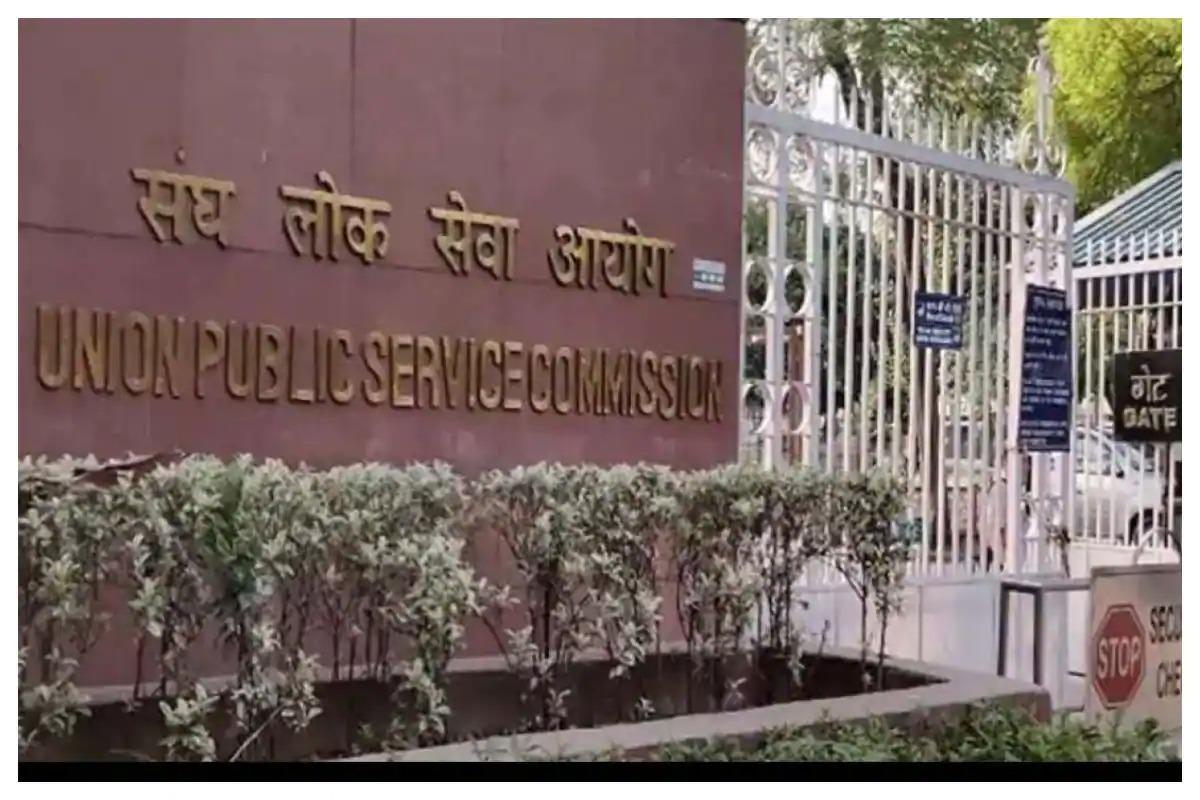History
Governor Bhagat Singh Koshyari has recently
received the flak for his remarks on the social reformist couple Jyotirao and
Savitribai Phule.
About Savitribai Phule:
·
Savitribai Phule (3
January 1831 – 10 March 1897) was an Indian social reformer, educationalist,
and poet from Maharashtra.
·
She is regarded as the
first female teacher of India.
·
Along with her husband, Jyotirao Phule, she played an
important|a and vital role in the rising women’s rights in India.
·
She is regarded as the
mother of Indian feminism.
·
Savitribai and her husband founded one of the first Indian
girls’ school in the Pune, at Bhidewada in 1848.
·
It was the country’s
first school for women started by Indians.
·
She worked to get rid of the discrimination and unfair
treatment of people based on caste and gender.
·
In the 1850s, the Phule couple initiated 2 educational
trusts—the Native female school, Pune and the Society for Promoting the
Education of Mahars, Mangs and Etceteras—which came to have many
schools under them.
·
She published the Kavya Phule in 1854 and Bavan Kashi Subodh
Ratnakar in 1892.
·
In her poem, Go, Get
Education, she urges the oppressed communities to get an education and break
free from the chains of oppression.
·
In 1852, Savitribai
started the MahilaSeva Mandal to raise awareness about women’s rights.
·
She simultaneously
campaigned against child marriage, while supporting widow remarriage
·
About
Jyotiba Phule: Jyotirao Govindrao Phule (11 April
1827 – 28 November 1890) was an Indian social activist, thinker, anti-caste
social reformer and writer from Maharashtra.
·
His work extended to
many fields, including eradication of untouchability and the caste system and
for his efforts in educating women and oppressed caste people.
·
He and his wife,
Savitribai Phule, were pioneers of women’s education in India.
·
Phule started his first
school for girls in 1848 in Pune at TatyasahebBhide’s residence or Bhidewada.
·
He, along side his followers, formed the Satyashodhak Samaj
(Society of Truth Seekers) to achieve equal rights for people from lower castes.
·
Phule’s akhandas were
organically linked to the abhangs of Marathi Varkari saint Tukaram.
·
Among
his notable published works are the Tritiya Ratna, 1855 Brahmananche Kasab, 1869 Powada 1869
Manav Mahammand (Muhammad) (Abhang) Gulamgiri, 1873 ShetkarayachaAasud (Cultivator’s
Whipcord), 1881 Phule was influenced by Thomas Paine’s book titled The Rights
of Man and believed that the only resolution to combat the social evils was the
enlightenment of women and members of the lower castes.
·
It is believed by many
that it was Phule who first used the term ‘Dalit’ for the depiction of
oppressed masses often placed outside the ‘varna system’.
He was bestowed with
honorific Mahātmā title by Maharashtrian social activist Vithalrao Krishnaji
Vandekar in 1888.


Comments